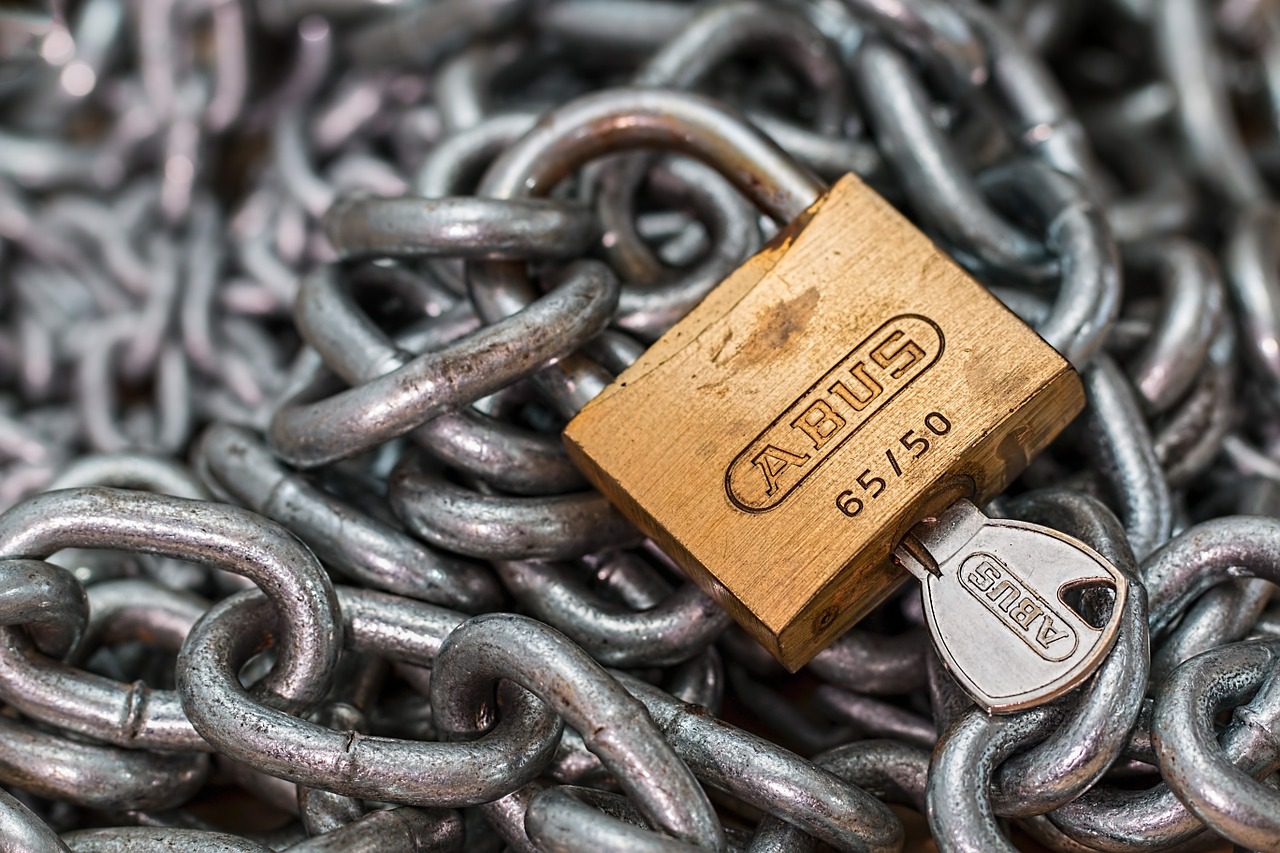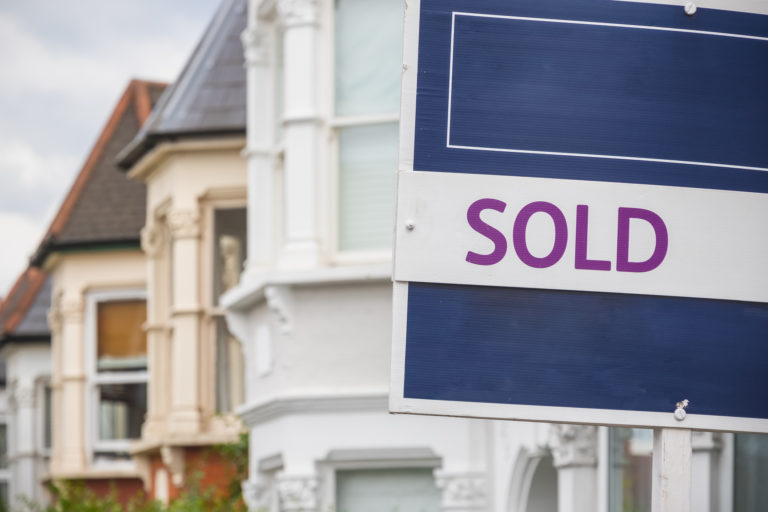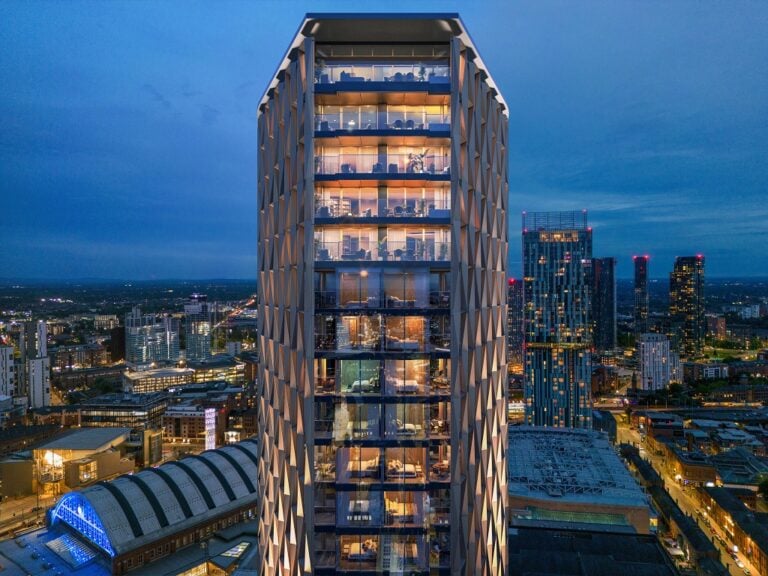A new crackdown on UK property being bought using “murky” money from overseas has seen the first ever instance of the National Crime Agency issuing two unexplained wealth orders (UWOs) on £22m worth of London and south-east property.
A “politically exposed person”, said by the Financial Times to be a central Asian politician, who owns a range of homes and offices in London and the south-east, is the first person to be investigated using a UWO by the National Crime Agency (NCA) – a measure which first came into effect on 31 January.
The individual, who could be a head of state, government minister, politician, judge, ambassador, diplomat, military officer, or director of an international organisation or state-owned body, has been ordered to provide proof and information on the origins of the purchases. The person cannot sell or transfer the properties during the inquiry, and the properties could be seized if the individual fails to comply.
Donald Toon, NCA’s director of economic crime, said: “Unexplained wealth orders have the potential to significantly reduce the appeal of the UK as a destination for illicit income.
“They enable the UK to more effectively target the problem of money laundering through prime real estate in London and elsewhere.”
He added: “We are determined to use all of the powers available to us to combat the flow of illicit monies into, or through, the UK.”
Register to expose criminals
It will take at least another three years for an official public register to be created of all the owners of overseas companies buying British property, a measure which will aim to minimise illicit money from crime and corruption being buried in the country’s housing market.
London Mayor Sadiq Khan has criticised the government’s timescale, after it emerged that 44% of all property in the UK owned by foreign companies was in London, a major issue linked to tax evasion, theft and terrorist activities.
According to anti-corruption campaigners, more than £122bn worth of property in the UK is owned by overseas firms, and it is vital that any of these properties where the owner cannot prove the origins of their funding should be investigated.
Business secretary Greg Clark said: “This world-first register will build on our reputation for corporate transparency as well as helping to create a hostile environment for economic crimes like money laundering.”










